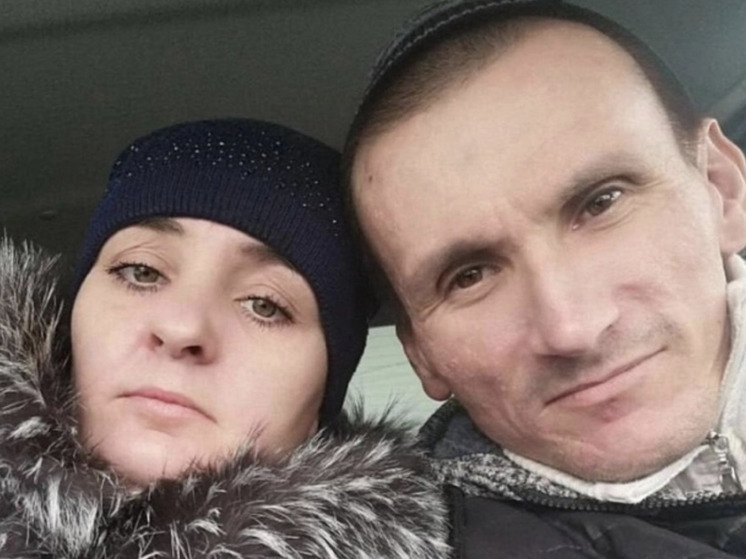The woman had terminal cancer
On February 9, a married couple was buried in Pervouralsk. The death of a seriously ill wife and the departure of her healthy but broken husband forced us to once again raise the topic of treating patients with cancer and palliative care in Russia. Why, even with government support and the existence of many charitable foundations, do relatives have to sell their apartments in order to try to cure a loved one, while caring for a palliative patient literally leads to death?

The relatives of 40-year-old Rustam and Elena sounded the alarm after the couple stopped answering calls. We decided to come to their house, but no one opened the door. Then the eldest son climbed into the apartment through the window and saw the bodies of his parents. According to the preliminary version of the investigation, the husband stabbed his seriously ill wife and then committed suicide. The couple's relatives also think so. They knew what a difficult situation the family was in.
“Rustam decided to alleviate his wife’s suffering,” said Elena’s close friend. — A few months ago, Elena was diagnosed with cancer at the last stage. Then tuberculosis joined her.
“We hoped that she would recover,” Rustam’s mother shared. “But her legs gave out and she was bleeding from her mouth.”
Elena found out about the disease in October. Before this, she was torn between work and home, and devoted a lot of time to a difficult child: her 14-year-old son is studying in a special school. Severe headaches forced me to go to the doctors. The examination showed brain cancer.
The woman worked as a salesperson in a store. At first I took sick leave, and then quit altogether. The boss hinted that there were too many absences due to illness.
Rustam worked as a driver. He took upon himself the entire burden of caring for his seriously ill wife and difficult child. There was nowhere to expect help: Elena’s mother lives in Bashkiria, and her eldest son also lives there. There are no other relatives or even close friends in Pervouralsk: the couple moved here only in 2021.
When Elena fell ill, the grandmother took her grandson to her place in Bashkiria. It became a little easier, but the absence of a deterrent in the form of a child freed his hands to carry out fatal plans.
“We will no longer know what happened behind the closed doors of this apartment,” an employee of a charity fund for palliative patients suggested in a conversation with an MK correspondent. “Perhaps the husband made a difficult decision to follow his wife.” But he didn’t think about the child, who was left an orphan.
It is known that after the death of the parents, their grandmother will take custody of their son.
“We have extremely poor medical care and support for palliative patients,” continues the employee of the charity foundation. – For example, an operation to remove a malignant tumor or transplant a donor organ is free of charge, according to a quota. However, the family must pay for the provision of donor material. The amounts are in the region of a million. Not every Russian family has that kind of money. Relatives sell apartments or take out loans… If the patient cannot be helped, then not every family can find a hospice. You can hire a nurse, but this also costs money: at least three thousand a day. Place in a private rehabilitation center with visits — at least 100 thousand per month. So it turns out that despair pushes people to take a fatal step.
“The whole difficulty is that a person driven into a psychological trap will not go to a psychologist,” palliative psychologist Natalya Romanova told MK. — Help should come itself, to your home. A service is needed that would visit families where there is a person with cancer. Family members should be explained how to communicate with such a person. And you need to assess the degree of adequacy of your loved ones. After all, under the weight of grief and physical fatigue, it is difficult to remain in an adequate state. A person feels guilty because he is “not up to something”: he didn’t give enough, didn’t love him, didn’t take enough care, didn’t earn enough money. From this state it is extremely difficult to return to normal life and begin to look at things sensibly.


